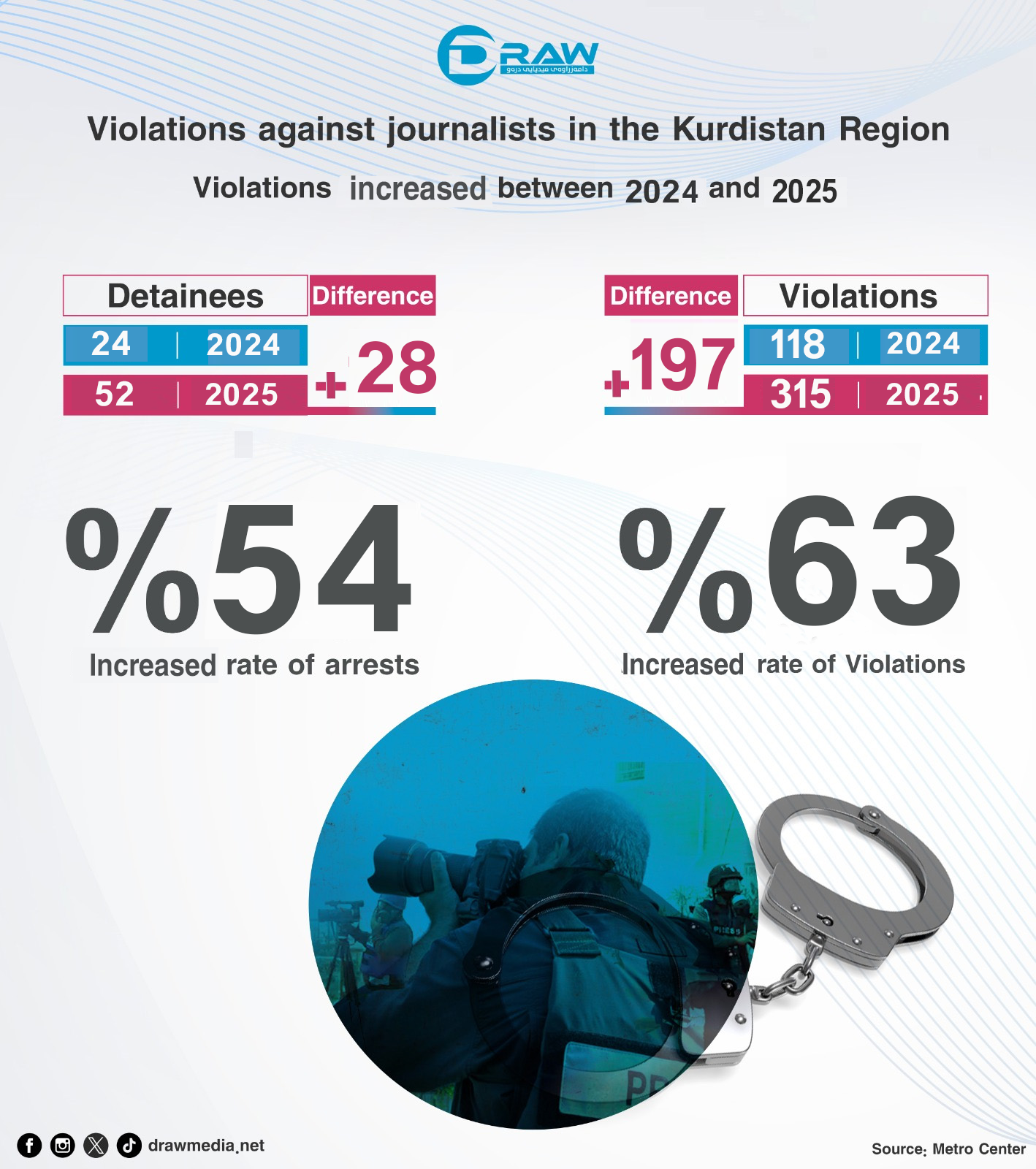Oil Pipeline Ready for Export
.jpg)
2025-08-17 21:16:59
Employees of the North Oil Company in Zakho are awaiting the resumption of Kurdistan Region oil exports. According to Fuad Hussein, a temporary agreement has been reached for handing over the Kurdistan Region's oil.
Following the agreement, Iraq’s Ministry of Oil is now waiting to receive oil from the Kurdistan Region. Based on (Dwar)’s follow-up, employees of the North Oil Company — which belongs to the Iraqi Ministry of Oil — are stationed in Zakho waiting for the restart of Kurdistan Region oil exports.
The decision is that Kurdistan’s oil will flow through the pipeline from the Khurmala field to Zakho, where it will be delivered to the Measurement Station (MS) managed by the North Oil Company under Iraq’s Ministry of Oil. At this station, the oil will be measured before being pumped toward Turkey. Inside Turkish territory, the oil is received at PS 1 station, from where it is transferred to Ceyhan Port and handed over to SOMO (Iraq’s State Oil Marketing Company) for export.
According to a statement by the Kurdistan Regional Government (KRG) Ministry of Natural Resources released on August 13, the KRG’s Ministry of Natural Resources and Iraq’s Ministry of Oil have agreed on a mechanism for resuming oil exports. The agreement was formally signed by 23 representatives — 17 of them from Iraq’s Ministry of Oil. Under the deal, after 50,000 barrels per day are reserved for domestic use in the Kurdistan Region, the remainder of the oil will be delivered to SOMO for export.
Fuad Hussein, Iraq’s Foreign Minister and member of the Kurdistan Democratic Party’s Political Bureau, told Al-Shams TV:
“Erbil and Baghdad have reached a ‘temporary’ agreement on handing over the Kurdistan Region’s oil. This is only a temporary solution until the end of this year. It is based on two legal foundations: the current federal budget law and the rulings of the Federal Court. Therefore, starting next year, another, more permanent solution must be found.”
Regarding why exports haven’t resumed yet and the current obstacles, Iraqi economic expert Nabil Marsoumi wrote on social media:
International oil companies are still insisting on increasing the compensation for production costs, and Turkey has not yet formally confirmed its readiness to restart flows.
Marsoumi highlighted two main obstacles to restarting Kurdistan Region oil exports:
-
Consent of international oil companies:
-
These companies are still demanding higher compensation for production costs.
-
They are unwilling to accept a $16-per-barrel transport cost for exports.
-
They have also raised the cost of trucking oil from the fields to the pipeline, estimated at 200–300 km.
-
Furthermore, they want Baghdad to honor their commercial contracts, guarantee payment for past and future exports, ensure timely transfers of oil-sale revenues directly to the companies, and sign a written agreement with them.
-
-
Turkey’s approval:
-
Although Turkey had previously agreed in principle to receive the oil, it must issue an official notice to Iraq confirming its readiness to restart the pipeline flows.
-
Once that happens, the oil will be loaded into tankers at Ceyhan Port, and SOMO will take charge of exporting it.
-


.jpg)

.jpg)


.jpg)

.jpg)
.jpg)
